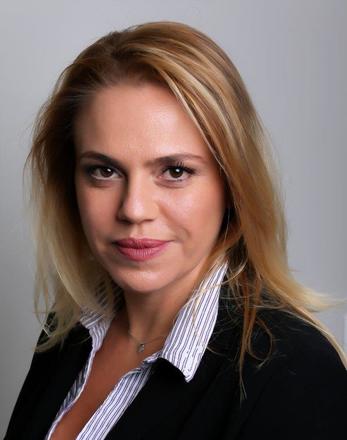If you are appalled by the never ending stream of news about racism and racial discrimination coming out of the US, spare a thought for Brazil. Unlike in the US, where black movements have been historically strong and organised, their counterparts in Brazil have struggled to gain traction. Barriers such as economic exclusion and lack of access to education have prevented their growth. This is a country of more than 200 million people where over half of the population is black and yet less than 5% of C-level positions are occupied by black people. Black women are the worst affected: they earn almost 45% less than their white male peers in contrast to the 27% gender pay gap for white women, according to 2019 data by IBGE, Brazil’s national statistics institute.
The health and economic crises brought by Covid-19 are only going to worsen our social disparities. Greater action is needed.
WILL, Women in Leadership in Latin America, the Sao Paulo-based not-for-profit that I chair, has launched a campaign to support the black movement in Brazil. We want to encourage corporations to seek out young black female talent. And we are seeing encouraging results. With WILL’s support, the Brazilian operations of Goldman Sachs, BNP Paribas, Deutsche Bank and UBS have joined forces to create a mentoring and recruiting programme to rebalance a sector that has historically been dominated by white middle-class men. The four banks aim to recruit female university students and will bear other factors in mind for a more inclusive selection process, like race, socio-economic background, gender identity and sexual orientation and expression. This year, even with a forced online-only format because of the pandemic, the programme has attracted more than 2,000 candidates from all over the country. We need more of these initiatives, and we need to make them more visible. At WILL, we survey private sector companies with the assistance of the Ipsos Institute to report on their diversity metrics in leadership positions, and recognise the most improved in a report that, this year, will be published in November in Valor Econômico, a Brazilian newspaper. Participation rate has been improving year on year, and in its latest edition reached a total of 163 companies across 20 sectors.
Diversity is increasingly recognised as a corporate value. We experience this first hand at WILL, where funding comes entirely from business and support is growing. We all need to call out discrimination and empty policies when we see them. But we also need to praise and give a platform to the ones who are, in practical terms, doing what is in their reach to correct a long-standing, pervasive imbalance. I suspect that a lot of this work will continue to come from the private sector.
---
Silvia Fazio is a partner at Norton Rose Fulbright and chairperson of Women in Leadership Latin America (WILL)








